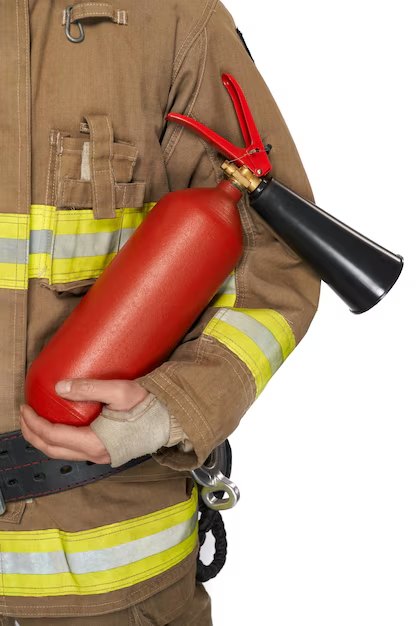Services

At IOOI, we offer professional Fire Consultant services designed to safeguard lives, property, and assets. Our experienced fire safety experts provide comprehensive solutions tailored to your needs, ensuring compliance with safety regulations and industry standards.
The Fire Certificate Malaysia is an essential document issued to premises classified as designated premises by the Malaysian Fire and Rescue Department (Jabatan Bomba dan Penyelamat Malaysia – JBPM). It ensures that the building complies with fire safety standards as mandated by the Fire Services Act 1988.
All designated premises are required to obtain a Fire Certificate to safeguard the occupants and meet legal compliance.
By securing a Fire Certificate, designated premises demonstrate their commitment to protecting lives and property while adhering to Malaysian fire safety laws.

Premises classified as designated premises must apply for a Fire Certificate in Malaysia. New premises are required to apply for the certificate upon obtaining a Certificate of Fitness (CF), Temporary Certificate of Fitness (TCF), or Certificate of Completion and Compliance (CCC).
Applications must be submitted to the State Headquarters of Jabatan Bomba dan Penyelamat Malaysia (JBPM) or the local Fire Zone Office where the designated premises are located.
Applicants must complete Form I and provide the following documents:
Once the application is submitted:


Renewal Period and Fees
Modification of Premises with a Fire Certificate
The Certificate of Completion and Compliance (CCC) is a mandatory self-certified document enforced under the Street, Drainage, and Building (Amendment) Act 2007. It officially certifies that a building is fit for occupancy and adheres to safety and regulatory standards. This certificate is crucial for ensuring the safety of the building’s occupants and determining whether a building is suitable for habitation.
Certificate of Fitness for Occupation (CFO)
Certificate of Completion and Compliance (CCC)

The Principal Submitting Person (PSP) plays a critical role in the CCC process. The PSP comprises qualified professionals such as:
These professionals are bound by the Street, Drainage, and Building Act 1974 (Amended 2007), which outlines their obligations and responsibilities. The PSP ensures that buildings comply with the necessary safety and regulatory standards before issuing the CCC, safeguarding the interests of the occupants and stakeholders.